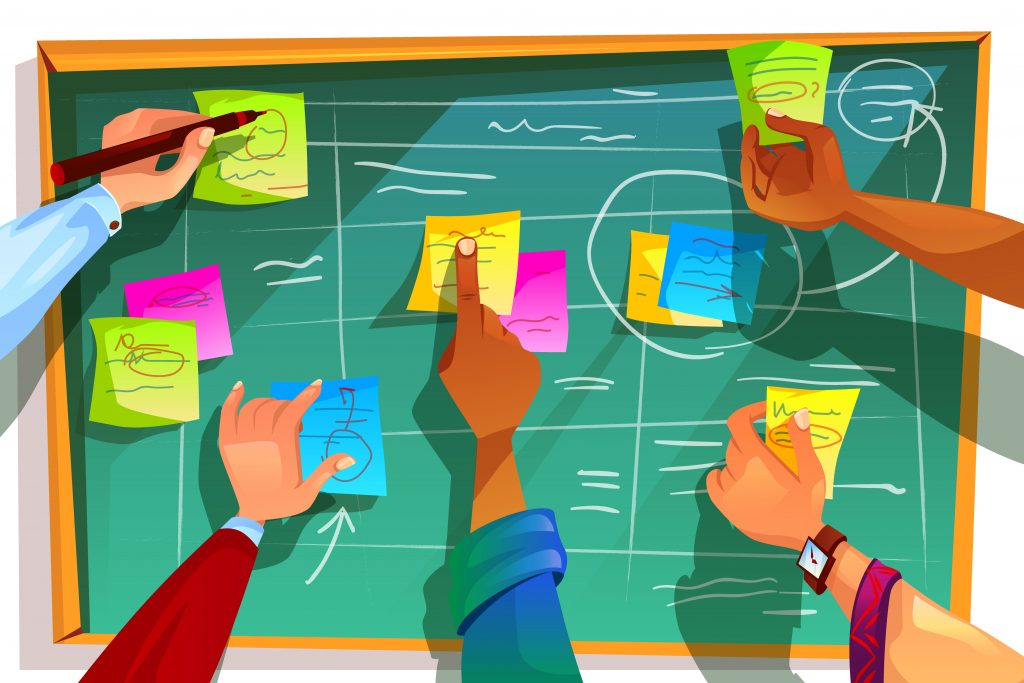This website uses cookies so that we can provide you with the best user experience possible. Cookie information is stored in your browser and performs functions such as recognising you when you return to our website and helping our team to understand which sections of the website you find most interesting and useful.
The objective of the Portuguese as a Heritage Language course is to transmit the Brazilian language and culture to children, who are the children of Brazilians living in other countries.
In general, parents want their children to learn Portuguese so that they don’t distance themselves from their relatives, so that they don’t neglect their roots.
Portuguese as a heritage language classes will make students interact and learn in a more dynamic, more investigative way, embroidering topics such as culture and diversity, language and culture, cultural identity, what it is to be an immigrant, cuisine, climate, music, making the student investigate and understand the difference of each country, so that children go through the teaching by understanding the reasons and actions of each people.

DIVERSITY
Brazil is a very diverse country, where the culture is very rich and there are many linguistic variations, so LH’s teaching will make these children who grow up immersed in cultures different from their parents, begin to better understand the dynamics of the family and to respect the differences.
THE METHODOLOGY
The teaching methodology is based on the concept of plurilingualism, bilingualism, interculturality, teaching/learning, the concept of image and cultural representation, discourse and linguistic knowledge.
Through these concepts we will approach various topics, through texts, dialogues, games, music.


Performance
During the course we will evaluate the commitment, the development of the activities, the research carried out, the oral discourse and the production of activities throughout the course.
Teaching the language of heritage is much more than teaching a new language, it is teaching the language of family affection, it is stimulating the emotional and cultural side and not making the student move away from his or her origins.
Portuguese as a foreign or second language
In this presentation format the courses are provided according to the Common European Framework of Reference for Languages (CEFR)
How teaching and learning is related to the student, to whom you will learn a new language.
It is up to the institution and the teachers to identify the best way to work with the contents and even adapt them if necessary.
At first, an evaluation is made to recognize the level of knowledge and contact with other languages.
Our courses we use high quality materials for teaching Portuguese. In this way, they can be used in preparation for the presentation of official language proficiency exams.
In this case there are two: CELPE and CELPE-Bras.
Levels
Elementary User
A1 Initiation level
Can understand and use familiar everyday expressions and very simple phrases aimed at the satisfaction of needs of a concrete type.
Introduce him/herself and others and is able to ask questions and give answers about personal aspects such as where he/she lives, people he/she knows and things he/she has.
Communicate in a simple way, if the interlocutor speaks slowly and distinctly and is cooperative.
A2 Elementary level
Can understand sentences and frequently used expressions related to areas of most immediate relevance (e.g. very basic personal and family information, shopping, local area).
In this sense, you can communicate in simple tasks and routines that require a simple and direct exchange of information on familiar and routine matters.
Describe his/her background and immediate environment in a simple way and also refer to matters of immediate need.
Independent User
B1 Threshold or intermediate level
Can understand the main issues when clear, standardised language is used and the subjects are familiar to him/her (subjects covered at work, school and leisure time, etc.).
Deal with most situations encountered in the region where the target language is spoken. Can produce a simple and coherent speech on topics which are familiar or of personal interest.
Describe experiences and events, dreams, hopes and ambitions, and briefly give reasons and explanations for an opinion or a project.
B2 Level advantage or post-intermediate
Can understand the main ideas in complex texts on both concrete and abstract topics, including technical discussions in his/her field of expertise.
Can communicate with a degree of spontaneity with native speakers without strain from one side to another.
Express herself clearly and in detail on a wide range of subjects and explain a viewpoint on a topical issue, explaining the advantages and disadvantages of various possibilities.
Proficient User
C1 Level of autonomy or advanced
Can understand a wide range of long and demanding texts, recognising their implicit meanings.
Express him/herself fluently and spontaneously without much obvious searching for words.
Use the language flexibly and effectively for social, academic and professional purposes.
Express him/herself on complex subjects in a clear and well-structured manner, expressing his/her mastery of the mechanisms of organisation, articulation and cohesion of discourse.
C2 Level of mastery or proficiency
Can understand, without effort, virtually everything heard or read.
Summarise information gathered from various oral and written sources, reconstructing arguments and facts in a coherent way.
Express him/herself spontaneously, fluently and precisely, being able to distinguish fine variations of meaning in complex situations.
For each level the CEFR describes what the student is capable of achieving in terms of reading, listening, speaking and writing skills.
Cursos:
- In group (max. 6 students).
- Individual.
- Personalized according to the student's needs, whether for work, studies, business or travel.
Therefore, our students have a specific platform, where they will have access to the most diverse materials and tools that will guide their development during the study period.
All courses also have direct classes with the teacher by video conferencing.

